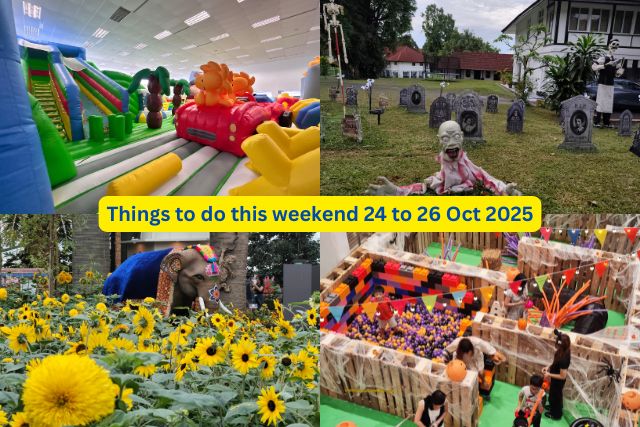Ah, the joys of parenting… until your little one decides to keep touching the button on the TV and for the 1000th time you tell your child “No!” yet he still doesn’t get it. Why is this so? Is your little one doing this on purpose? The answer is usually no…this is a process of how children learn.
 Learning and child development are all tied to the brain’s growth. A child’s development represents an increase of complexity of the maturing brain systems that adaptively regulate the interaction between the child and their social environment. The brain grows from the “bottom up”. At birth, the brain stem is functional and then the other brain structures follow. It takes roughly 25 years to grow a human brain and 90% of brain growth occurs prenatally through age 4.
Learning and child development are all tied to the brain’s growth. A child’s development represents an increase of complexity of the maturing brain systems that adaptively regulate the interaction between the child and their social environment. The brain grows from the “bottom up”. At birth, the brain stem is functional and then the other brain structures follow. It takes roughly 25 years to grow a human brain and 90% of brain growth occurs prenatally through age 4.
The prefrontal cortex is what separates us from other mammals and helps us to make sense of our emotions. The prefrontal cortex is where all our advanced brain functions or executive functions such as problem-solving, abstract thought, the ability to think forward and back and perspective taking are stored. The prefrontal cortex is what allows adults to understand that “If I don’t eat I’ll get hungry” or “If I don’t study I’ll fail my exam”. This is all very advanced brain functions that you won’t see in children independently until closer to age 12.
You can guess this difference between an adult’s and young child’s brain functioning makes parenting more challenging. Too often parents assume their child has the same brain capacity to understand and learn as an adult. As nice as this would be, it’s unfortunately not true and this leads some parents to great frustration because they have age-inappropriate expectations of their child.

Children learn through experience and consistent repetitive behavior. There are over 5 different types of memory and most of these are not functional for a child under 5 years old. Children cannot easily take information, stored in short-term memory and transfer it into long-term memory rapidly without many consistent repetitions. This is why young children do things “wrong” over and over because to the child, he or she is testing out every possible variation of a new-to-them situation to learn what the rule is – although this can be incredibly frustrating for the parent.
Understanding elements of child development is important for parents so they do not take things personally, have age appropriate expectations and use positive not punitive corrections for children. Parenting skills that incorporate child development can be exceptionally helpful to teach parents age appropriate expectations and corrections.
This article was first published in The New Age Parents e-magazine.
By Tammy M. Fontana from All in the Family Counselling.
Tammy Fontana, MS, NCC CTRT Sex Therapist (USA) is the founder and mental health therapist for both All in the Family Counselling and Babysleepfairy.com. She has been providing professional counselling and sleep consultancy services in Singapore for over 8 years. She has her Master’s Degree in Mental Health Counselling (USA) and is a USA National Counsellor Counsellor (NCC) and Certified Choice Therapy Reality Therapist (CTRT). She is also a US trained certified Sex Therapist. She provides evidenced and practiced based solutions to parents, individuals and couples.
You may contact Tammy at tammy@allinthefamilycounselling.com.
* * * * *
Enjoyed reading this or learned something new? Click the Like and Share button below!
Want to be heard 👂 and seen 👀 by over 100,000 parents in Singapore? We can help! Leave your contact here and we’ll be in touch.
















































